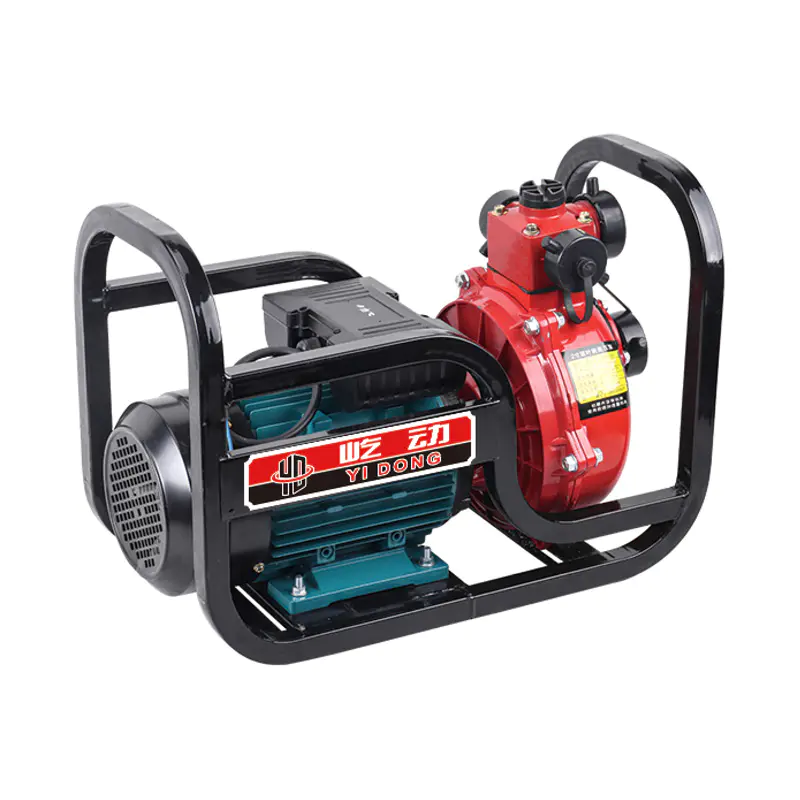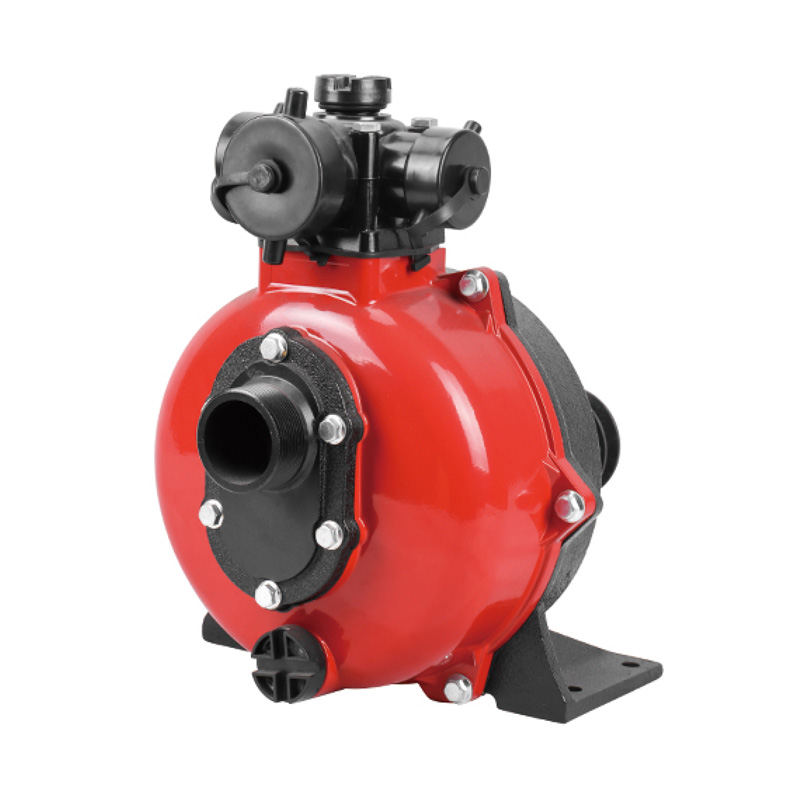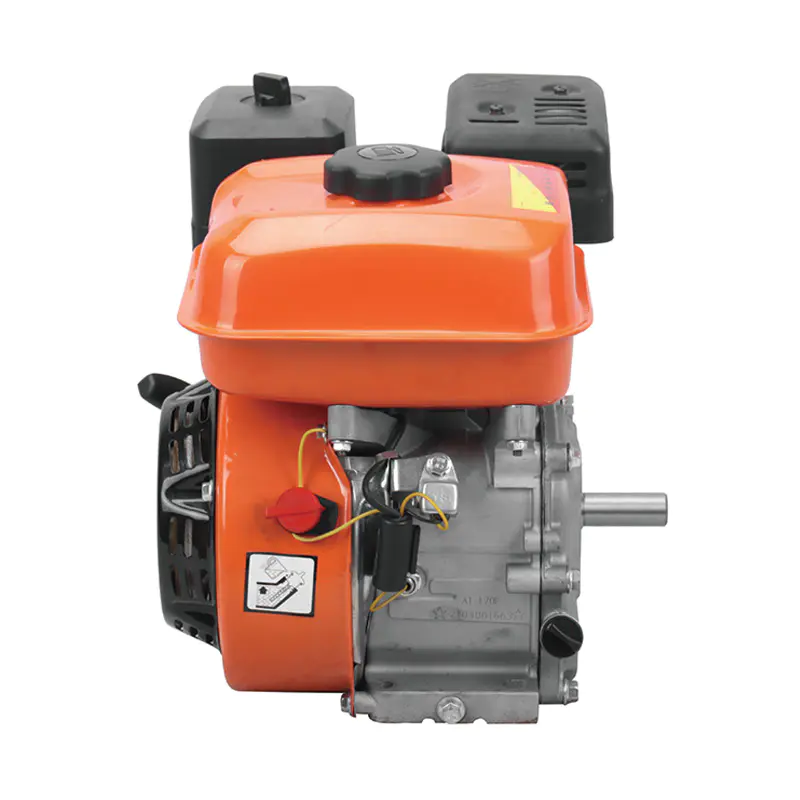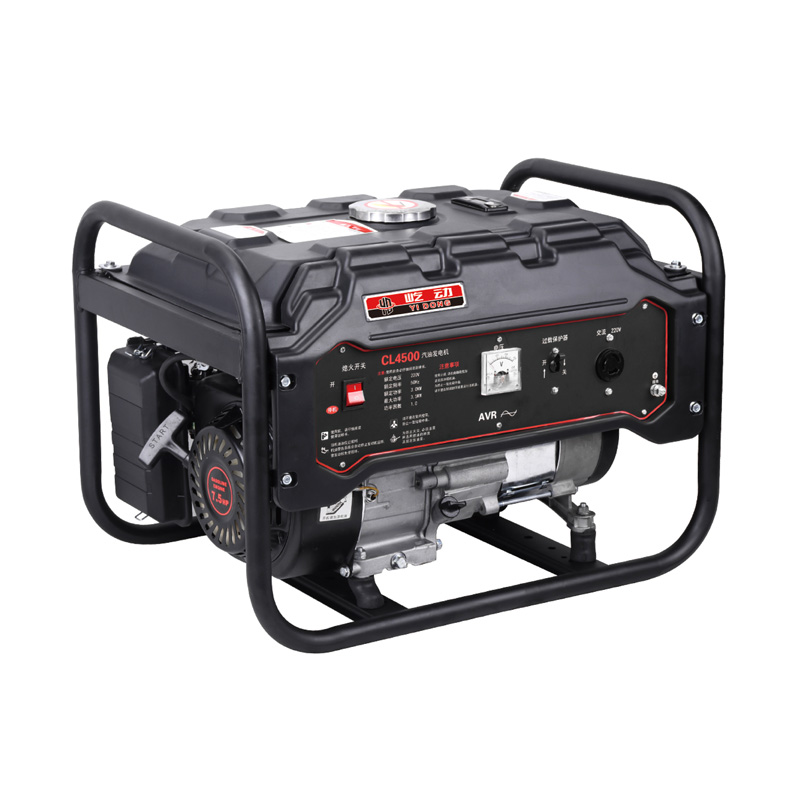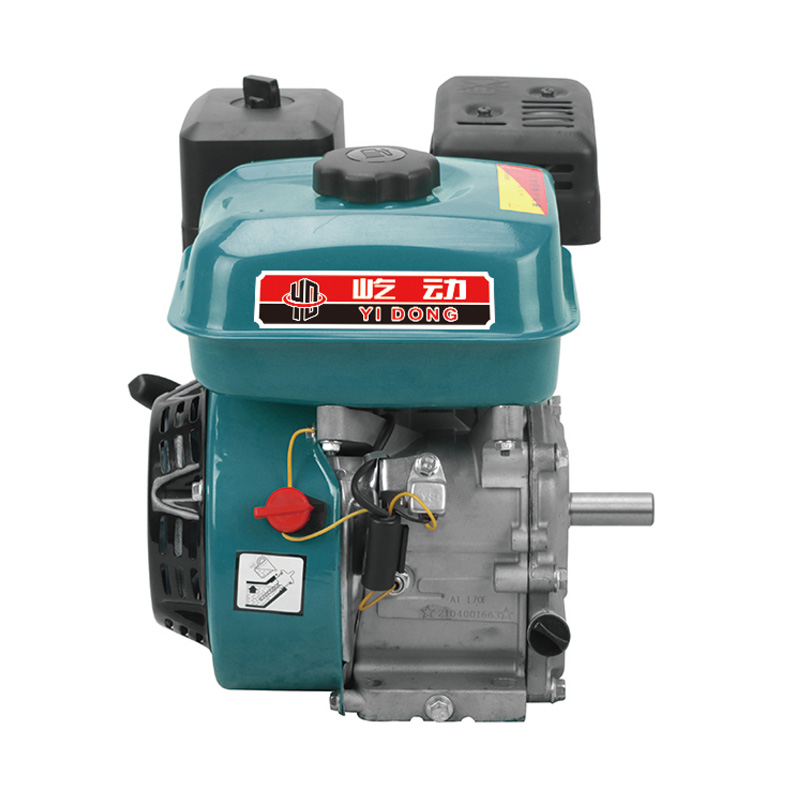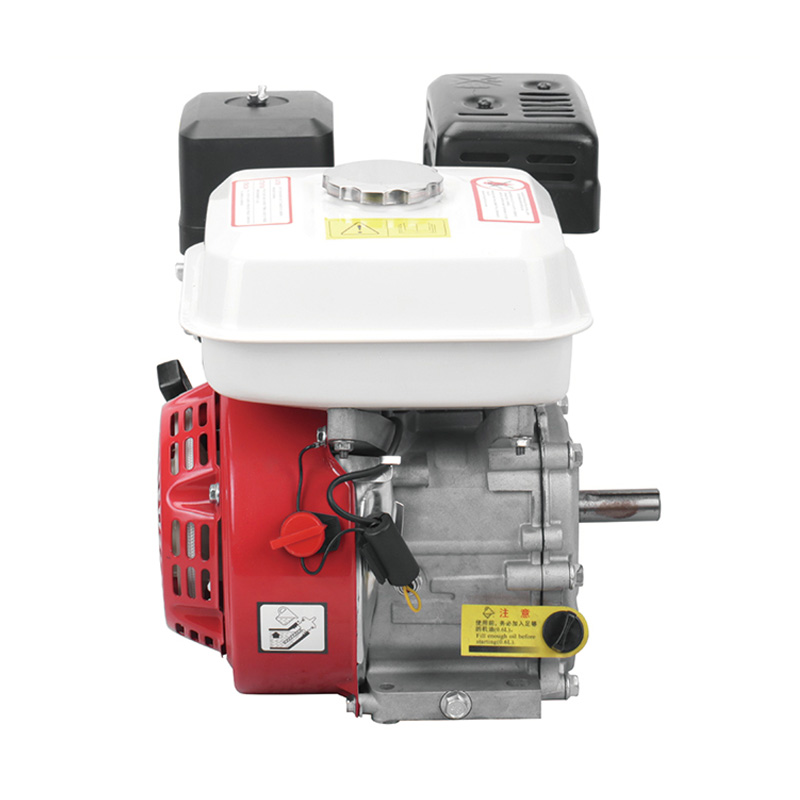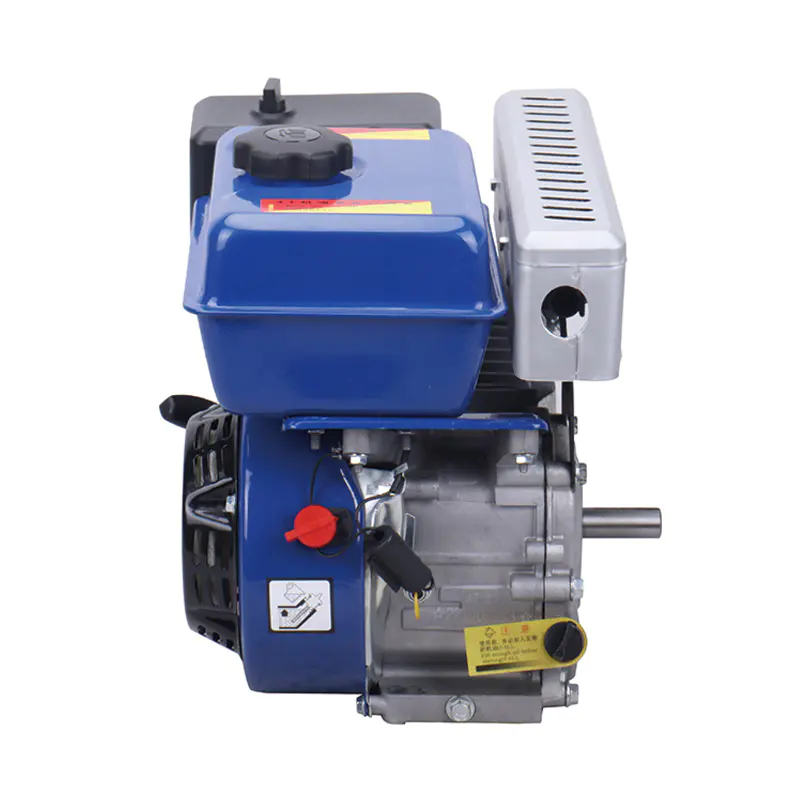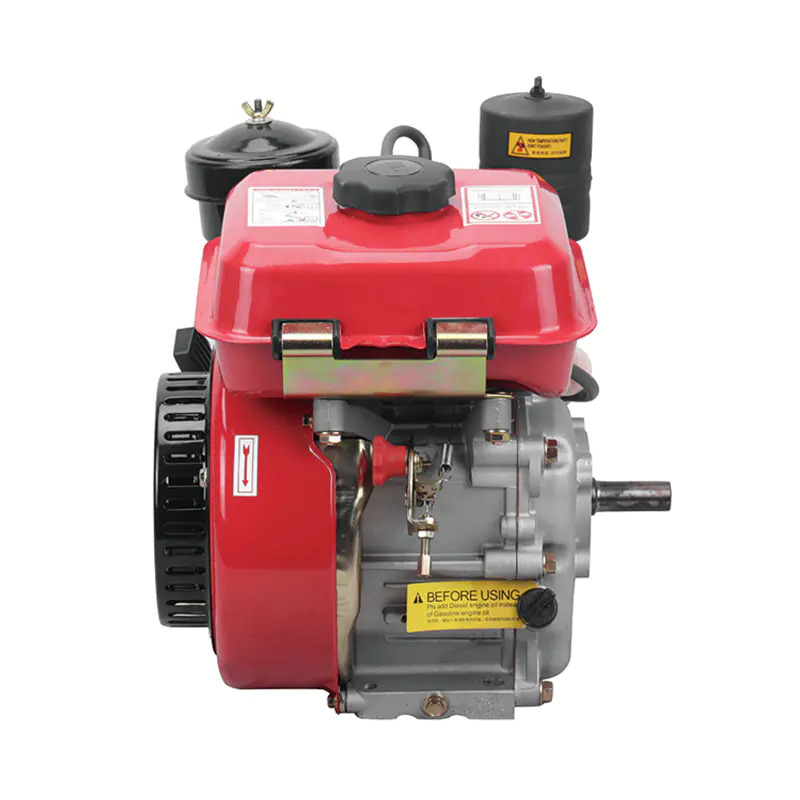Corrosion and Wear Resistance of Mag Drive Centrifugal Pumps
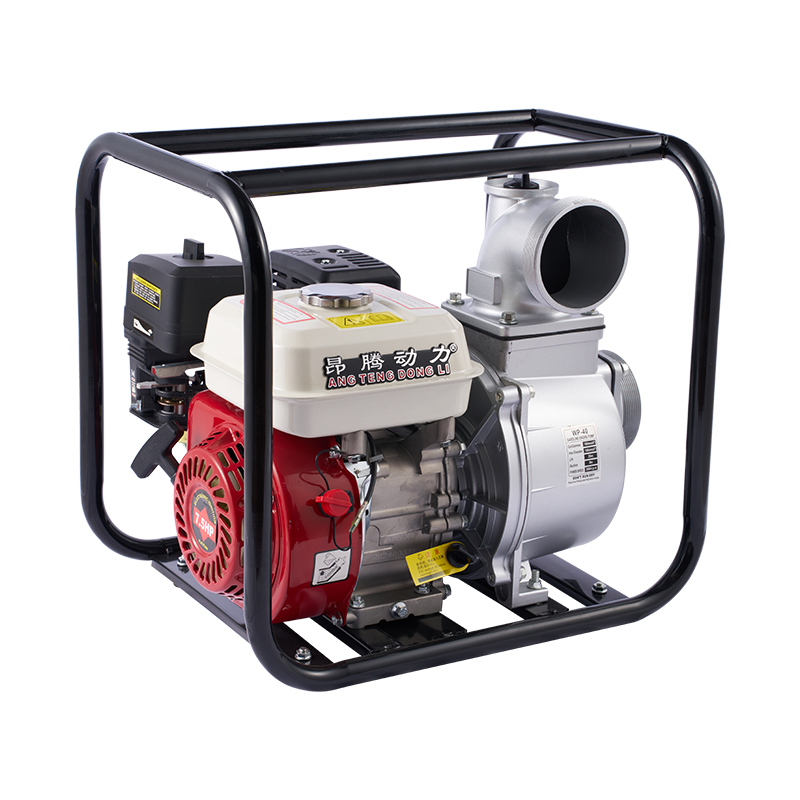
Understanding Material Advantages
Magnetic drive (mag drive) centrifugal pumps are designed with materials that naturally resist corrosion and wear. Common components, such as pump casings and impellers, are often made from stainless steel, Hastelloy, or engineered polymers. These materials are well-suited to handle a variety of liquids, including mildly acidic or alkaline solutions. By selecting materials carefully, mag drive pumps maintain long-term performance and reduce the need for frequent part replacement.
Sealless Design Benefits
A key feature of magnetic drive pumps is their sealless design. Traditional pumps rely on mechanical seals, which are more susceptible to wear and corrosion. In contrast, mag drive pumps use magnetic couplings to transfer energy, eliminating the direct contact between moving parts and the pumped fluid. This design significantly lowers the risk of degradation over time and ensures that the pump maintains efficiency even under continuous operation.
Reduced Maintenance Needs
The combination of high-quality materials and a sealless design results in lower maintenance requirements. Operators experience fewer interruptions for inspection or component replacement, which contributes to overall operational reliability. This durability is especially advantageous in chemical processing, water treatment, and other industrial applications where consistent pump performance is critical. The long-term stability of mag drive pumps also supports sustainable operation by reducing waste from worn-out components.
Solid Handling Capacity of Magnetic Drive Centrifugal Pumps
Efficient Handling of Particulates
Magnetic drive centrifugal pumps are capable of handling fluids that contain small solid particles. Their robust impeller designs allow for smooth flow even when particulates are present, reduce the risk of clogging. This makes them suitable for industries such as wastewater treatment, chemical processing, and food production, where liquid streams often carry suspended solids.
Optimized Flow Design
These pumps feature impeller geometries that help maintain consistent flow rates while managing solids efficiently. The open or semi-open impellers provide a clear path for particles to pass through, reducing wear on the pump’s internal surfaces. This optimized flow ensures that the pump operates efficiently without the need for excessive adjustments or interruptions.
Versatility Across Applications
The solid handling capacity of mag drive pumps allows them to serve a wide range of industries. From transferring abrasive slurries to circulating cooling water with minor debris, these pumps adapt to diverse operational needs. Their design flexibility supports long-term reliability and operational continuity, which is beneficial for processes requiring consistent liquid movement with minimal maintenance.
Magnetically Coupled Centrifugal Pumps
Principle of Operation
Magnetically coupled centrifugal pumps use magnetic fields to transmit torque from the motor to the impeller. This eliminates the need for direct mechanical connections, ensuring a sealless operation. The absence of mechanical seals reduces the likelihood of leakage and contamination, creating a safer and more reliable pumping solution.
Energy Efficiency and Safety
These pumps offer efficient energy transfer while maintaining a stable flow. The magnetic coupling allows for precise control over pump performance, making it easier to match operational requirements. Additionally, the sealless design improves safety when handling sensitive, flammable, or hazardous liquids by eliminating potential leak paths.
Adaptability for Industrial Needs
Magnetically coupled pumps can be used in various industrial environments. They perform well in chemical processing, pharmaceuticals, and water treatment applications due to their ability to manage corrosive or heat-sensitive fluids. Their reliable performance and versatile material options make them a preferred choice for operators seeking durable and maintenance-friendly pumps.
Maintaining Pump Efficiency
Regular cleaning is essential to maintain the efficiency of magnetic drive centrifugal pumps. Even though these pumps handle solids and corrosive fluids effectively, deposits or minor buildup can occur over time. Routine cleaning ensures smooth operation, reduces wear, and extends pump life.
Recommended Cleaning Practices
Cleaning can be performed by flushing the pump with compatible cleaning solutions that remove residues without harming the pump’s materials. For more persistent deposits, gentle mechanical cleaning of the impeller or casing may be performed. Following manufacturer guidelines ensures the cleaning process maintains the integrity of both metal and polymer components.
Benefits of Consistent Maintenance
Consistent cleaning supports operational reliability and maintains the pump’s performance. It helps prevent energy inefficiencies and potential disruptions in fluid flow. By incorporating regular cleaning into standard maintenance schedules, operators can maximize pump longevity and maintain consistent process performance across diverse industrial applications.



 English
English русский
русский Français
Français Español
Español عربى
عربى